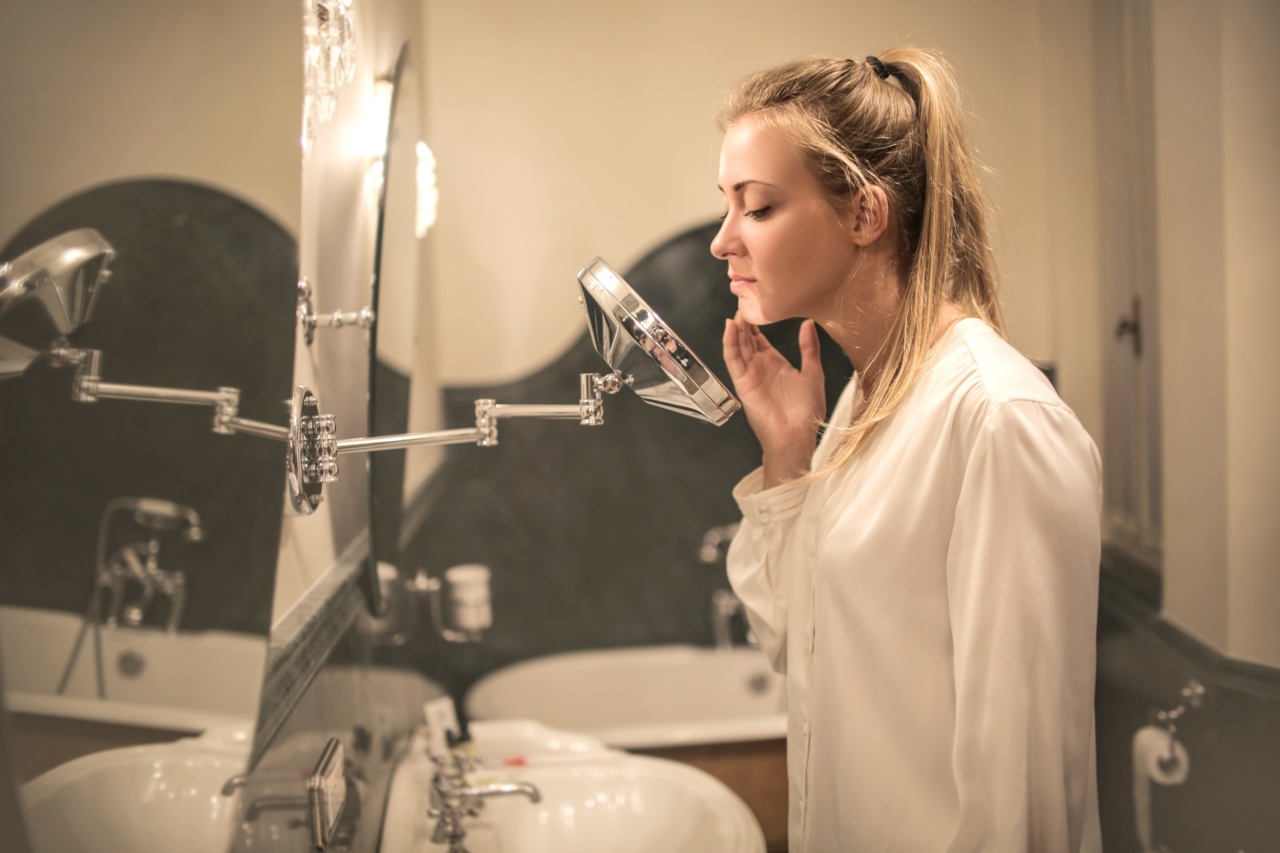Acne is a common skin condition that affects millions of people worldwide. It is caused by clogged pores, bacteria, excess oil production, and inflammation.
While there are various acne treatments available, many people prefer natural remedies as they are affordable, easy to use, and have little to no side effects. In this article, we will discuss the top natural remedies for acne.
1. Tea Tree Oil
Tea tree oil is a popular natural remedy for acne due to its anti-inflammatory and antibacterial properties. It helps to reduce the redness, swelling, and inflammation caused by acne.
To use tea tree oil, dilute it with water or a carrier oil such as coconut oil and apply it to the affected areas using a cotton swab.
2. Aloe Vera
Aloe vera is a well-known, natural remedy for many skin conditions, including acne, due to its anti-inflammatory and antimicrobial properties. It helps to soothe the skin, reduce redness, and prevent the formation of acne.
To use aloe vera, simply squeeze the gel from the plant and apply it directly to the affected areas, leave it on for 10-15 minutes and then rinse it off with water.
3. Honey
Honey is a natural antibacterial and anti-inflammatory agent that is great for treating acne. It helps to moisturize the skin, reduce inflammation, and prevent the growth of acne-causing bacteria.
To use honey as a remedy for acne, simply apply a small amount to the affected areas and leave it on for 10-15 minutes before rinsing it off with water.
4. Green Tea
Green tea has anti-inflammatory and antioxidant properties, making it a great natural remedy for acne. It helps to reduce the oil production in the skin and prevent the growth of acne-causing bacteria.
To use green tea for acne, simply brew a cup of green tea and let it cool. Apply it to the affected areas using a cotton ball or spray bottle and leave it on for 10-15 minutes before rinsing it off with water.
5. Apple Cider Vinegar
Apple cider vinegar has antibacterial and antiseptic properties that help to reduce inflammation and fight acne-causing bacteria. It also helps to balance the pH level of the skin, which can help prevent future breakouts.
To use apple cider vinegar for acne, dilute it with water and apply it to the affected areas using a cotton ball.
6. Turmeric
Turmeric is an anti-inflammatory agent that helps to reduce the inflammation and redness associated with acne. It also has antibacterial properties, which help to prevent the growth of acne-causing bacteria.
To use turmeric for acne, mix it with some honey and apply it to the affected areas. Leave it on for 10-15 minutes before rinsing it off with water.
7. Witch Hazel
Witch hazel is a natural astringent that helps to reduce the inflammation associated with acne. It also helps to remove excess oil and dead skin cells, which can contribute to acne.
To use witch hazel, simply apply it to the affected areas using a cotton ball.
8. Jojoba Oil
Jojoba oil is a natural moisturizer that helps to keep the skin hydrated without adding excess oil. It also has anti-inflammatory properties that help to reduce the redness and inflammation associated with acne.
To use jojoba oil for acne, apply a small amount to the affected areas and massage it into the skin.
9. Lemon Juice
Lemon juice is a natural astringent that helps to remove excess oil and dead skin cells, which can contribute to acne. It also has antibacterial and anti-inflammatory properties that help to fight acne-causing bacteria and reduce redness.
To use lemon juice for acne, dilute it with water and apply it to the affected areas using a cotton ball.
10. Oatmeal
Oatmeal is a natural exfoliant that helps to remove dead skin cells and unclog pores, which can prevent future breakouts. It also has anti-inflammatory properties that help to reduce redness and irritation.
To use oatmeal for acne, mix it with water and apply it to the affected areas. Leave it on for 10-15 minutes before rinsing it off with water.































